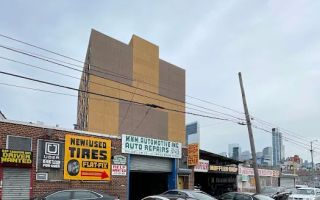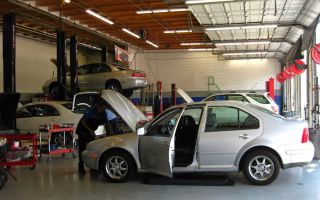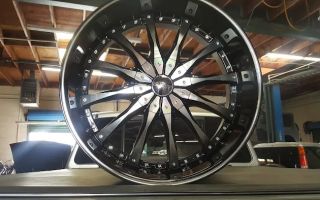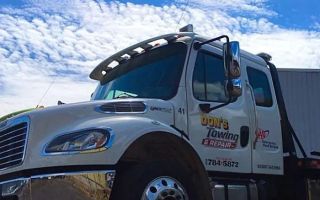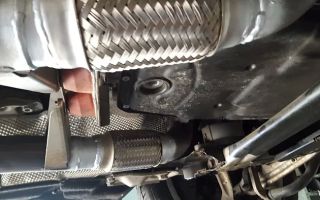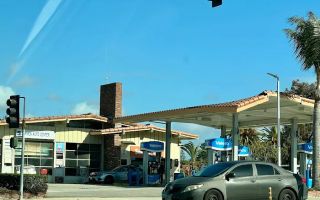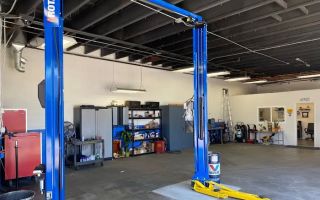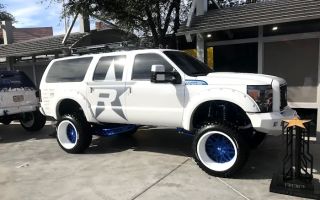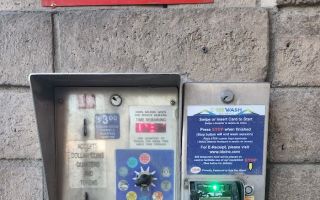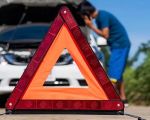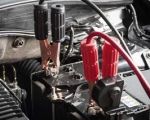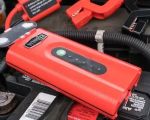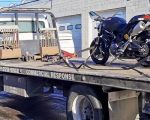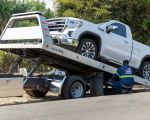Towing for Vehicles with Engine Problems: What You Need to Know
1. Understanding the Causes of Engine Problems
I've been in the towing business for quite some time now, and I've encountered all sorts of engine problems that have left vehicles stranded on the side of the road. Engine issues are one of the most common reasons I get called out for a tow, and they can vary greatly in terms of severity and complexity. From overheating to complete engine failure, the causes of engine problems are numerous, but they all result in one thing: a vehicle that won't start or run properly.
One thing I've learned is that the key to understanding how to handle towing for engine problems is knowing the root cause of the issue. Engine problems can stem from a variety of factors. Sometimes it's a minor issue like a faulty spark plug or a clogged fuel filter. Other times, it could be a major issue such as a blown head gasket, timing belt failure, or a seized engine. No matter the cause, once the engine is compromised, the vehicle may be unable to continue running, leaving you stranded. So, how do you know when it's time to tow a car with engine issues?
2. When Should You Call for a Tow Truck for Engine Problems?
There have been several instances where I’ve been called to tow vehicles with engine problems, and each one had its own set of unique challenges. Here are some key signs that indicate when it’s time to call for a tow truck:
- Engine Won't Start: This is one of the most obvious signs of engine trouble. If you turn the key and hear a clicking sound or no sound at all, the issue may be with the engine itself, whether it's a dead battery or a more serious problem, such as a failed starter motor or engine seizure.
- Engine Overheating: An overheated engine is one of the most common reasons I get called for a tow. If the temperature gauge is in the red or you notice steam coming from under the hood, it's a sign that the engine is in distress. Overheating can be caused by issues such as a broken radiator, a blown head gasket, or a malfunctioning thermostat.
- Strange Noises or Loss of Power: If the engine is making odd sounds like knocking, grinding, or sputtering, or if you notice a significant loss of power while driving, these are signs that the engine is failing. It’s better to get the car towed to a mechanic rather than risk further damage.
- Warning Lights: Modern cars are equipped with advanced sensors that alert drivers to engine problems. If your check engine light, oil pressure warning light, or engine temperature warning light comes on, it's time to call for assistance and have the vehicle towed to a shop for further inspection.
In these cases, towing becomes a necessity. Trying to drive a vehicle with serious engine problems can lead to further damage, increasing the repair costs. As someone who's been in the towing business, I highly recommend erring on the side of caution and calling for a tow if you suspect something is wrong with the engine.
3. How Towing for Engine Problems Works
When I’m called out to tow a vehicle with engine problems, there’s a specific process I follow to ensure that the vehicle is transported safely and efficiently. Whether it’s a light-duty car or a heavier vehicle like a truck or van, the process remains mostly the same, though there are certain nuances to be aware of. Here’s how I approach the situation:
- Assess the Situation: The first thing I do when I arrive is to assess the condition of the vehicle. I check to see if it’s safe to move the car and confirm the cause of the engine problem (if it’s apparent). I also make sure the car is in park and that the parking brake is engaged. If the car is in a hazardous location, I prioritize moving it to a safer spot before proceeding.
- Check for Leaks: I always take a moment to check if the vehicle is leaking fluids, particularly oil or coolant. If there’s a significant leak, it might indicate a more serious engine issue, and I take extra care when loading the vehicle onto the tow truck to prevent further damage.
- Choose the Right Towing Method: Depending on the severity of the engine problem, I decide the best towing method. For light-duty vehicles, I usually use a flatbed tow truck. This is the safest option because it keeps the vehicle off the road and prevents further damage to the engine. In some cases, I use a wheel-lift tow truck, but that’s usually reserved for situations where the vehicle can still be rolled onto the truck.
- Secure the Vehicle: Once the vehicle is on the truck, I make sure it’s properly secured using chains or straps. It’s crucial that the car doesn’t move during transport to avoid any additional damage to the engine or other parts of the vehicle. Proper securing also helps prevent accidents during transit.
- Transport the Vehicle: After securing the vehicle, I carefully transport it to the nearest auto repair shop or the destination specified by the customer. Depending on the location, I make sure to take the safest route to avoid further strain on the engine or the vehicle’s suspension.
The entire towing process for vehicles with engine problems is about ensuring that the vehicle is safely moved and that the risk of further damage is minimized. I always take the necessary precautions, and I work closely with the vehicle owner to make sure the car is in good hands.
4. What to Expect After Towing a Vehicle with Engine Problems
Once the vehicle is safely towed to the shop, the next step is diagnosing the engine issue. When a vehicle is towed for engine problems, it’s often up to the mechanic to perform a thorough inspection to identify the root cause of the issue. I’ve seen cases where the problem was as simple as a broken belt, and other times it was a complete engine failure requiring a rebuild or replacement. However, there are a few common repairs that I’ve encountered frequently:
- Cooling System Issues: If the engine overheated due to a cooling system failure, the mechanic may need to replace a broken radiator, thermostat, or water pump. In some cases, a blown head gasket might need replacing if the engine suffered significant damage.
- Fuel System Problems: If the vehicle has trouble starting or is sputtering, it could be a fuel pump issue. Replacing the fuel pump or cleaning the fuel injectors might be necessary to restore engine function.
- Electrical Issues: A faulty starter, alternator, or ignition coil could prevent the engine from starting or cause it to run poorly. These electrical components are relatively easy to replace and are often among the first things I check when diagnosing engine issues.
- Internal Engine Damage: In severe cases, engine damage can be extensive, such as a blown piston, cracked block, or valve failure. This type of damage often requires a full engine rebuild or replacement, which can be costly and time-consuming.
After the mechanic diagnoses the issue, the next step is determining the most cost-effective repair. In many cases, I’ve seen vehicles repaired relatively quickly, but there are instances where the repairs can take several days or even weeks. This is where the towing process becomes critical — getting the car to the right shop promptly can make all the difference in getting the vehicle back on the road faster.
5. Preventing Engine Problems and Reducing the Need for Towing
While engine problems are sometimes unavoidable, there are preventative measures that can reduce the risk of breakdowns and the need for towing. Over the years, I’ve learned that regular maintenance is key. Here are a few tips I always follow to keep the engine in good shape:
- Regular Oil Changes: Keeping the engine lubricated with clean oil is one of the simplest ways to prevent engine problems. I make sure to change the oil and replace the oil filter as per the manufacturer’s recommended intervals.
- Monitor Fluid Levels: Regularly check the engine coolant, transmission fluid, and brake fluid. Low fluid levels can cause the engine to overheat or other mechanical failures that could leave you stranded.
- Check the Battery: A failing battery can often be mistaken for engine trouble. I recommend checking the battery’s charge regularly and ensuring the terminals are clean and free of corrosion.
- Drive Carefully: Avoid harsh driving habits such as rapid acceleration, braking, or high speeds. These actions can strain the engine and cause premature wear.
By staying proactive and addressing small issues before they turn into bigger ones, you can significantly reduce the likelihood of having to deal with a breakdown and needing to call for towing services.


